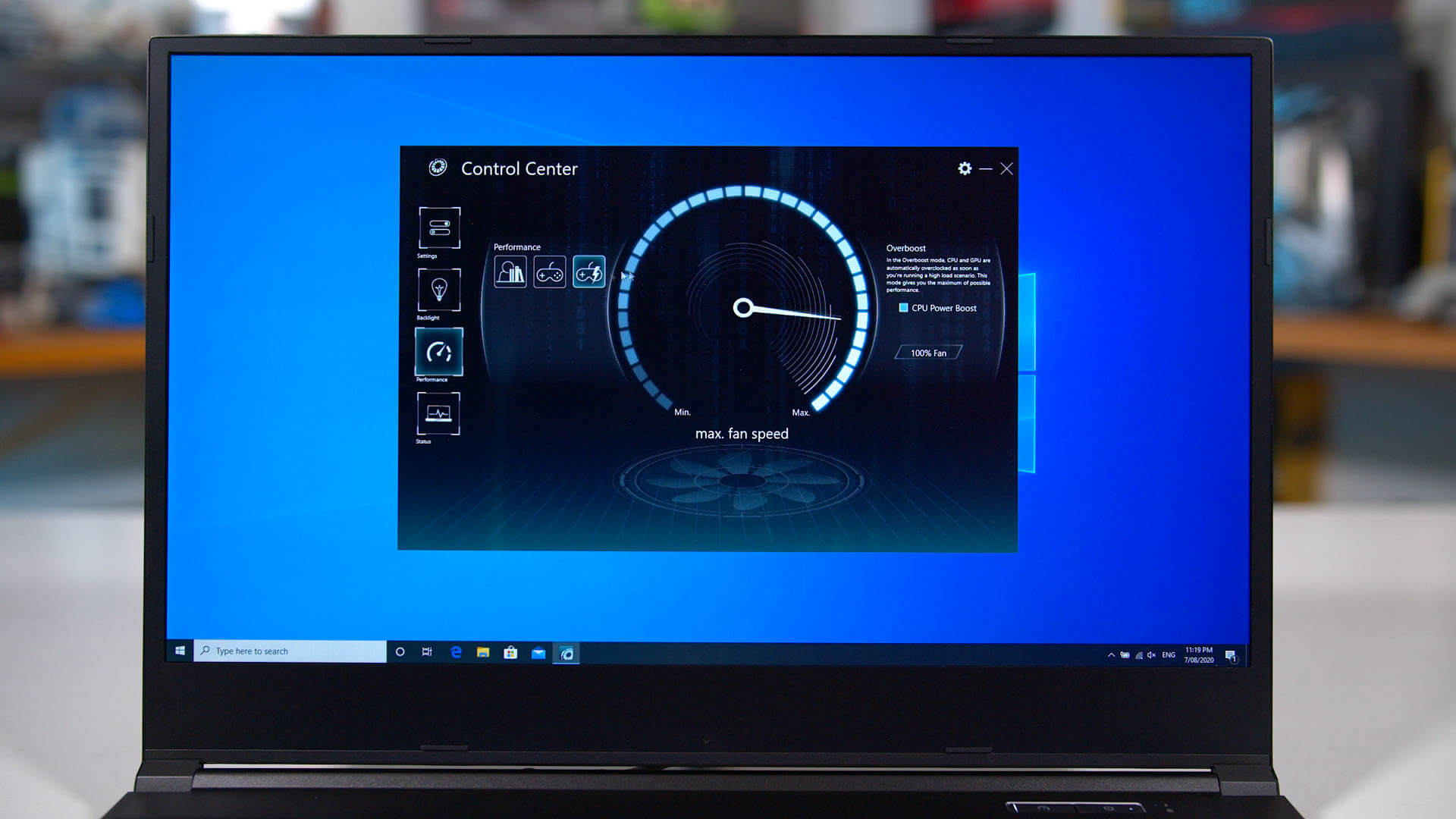Excellent article.
For your Rocket League numbers, assuming you tested at Medium (you show Medium quality in the combined charts, and talk about it in the text, but on the Rocket League graph says "Render Detail Quality, FXAA High").
In any case, with FPS this high, I'd be nice to see the "High" quality numbers. Then I think the "real world" CPU/GPU mix might favor Intel less.
No argument that the higher boost clock, and larger cache gives Intel the single and lightly-threaded win, but if we're looking real world testing, it would be nice to see the effect of the power-headroom AMD is giving to the GPU has on "real world" mobile gaming. (For that matter the Low, Medium, High numbers might show that well).
